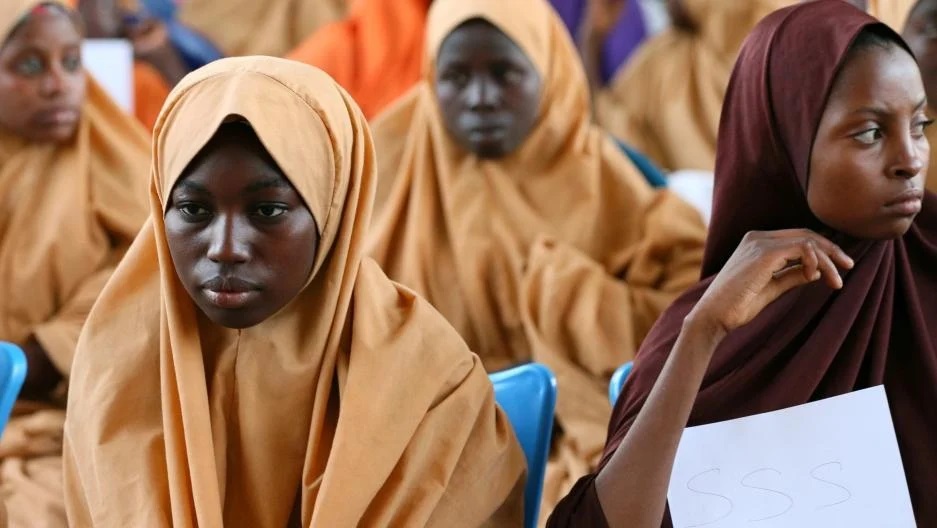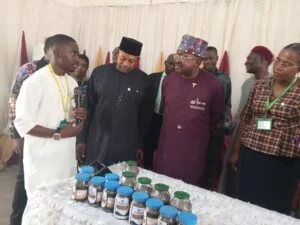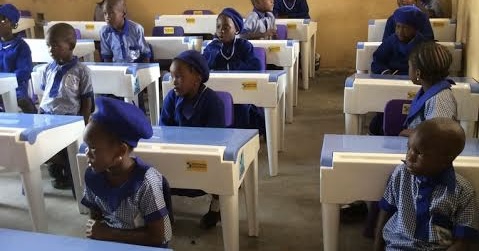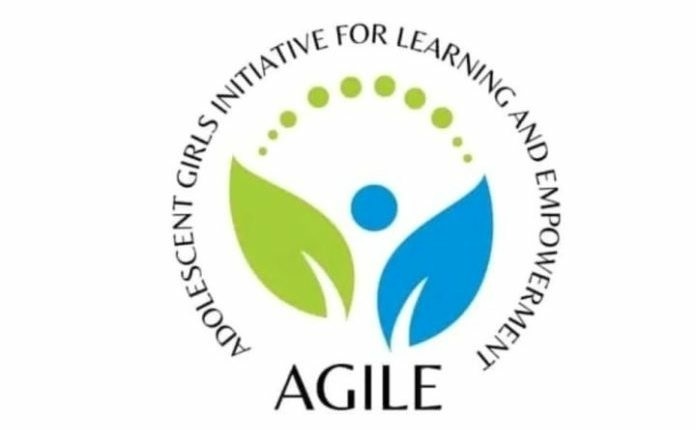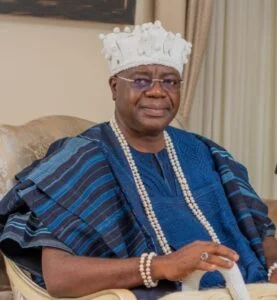The Federal Ministry of Education has unveiled two strategic knowledge products, aimed at delivering inclusive, equitable, and quality education for all girls.
At a One-Day Dissemination Session on Strengthening Girls’ Education in Nigeria in Abuja on Wednesday, the Minister of State for Education, Prof. Suwaiba Ahmad emphasised that the evidence from the reports would guide policy reforms and investments.
The News Agency of Nigeria (NAN) reports that the two projects are: “State of Girl-Child Education in Ten States of Nigeria’’ and “Analysis of State-Level Financing of Girl-Child Education in Nigeria’’.
Ahmad also announced plans to roll out a new initiative aimed at getting more out-of-school girls back into classrooms.
“These two knowledge products are strategic investments and tools designed to help us collectively.
“It will help us understand where we are, what we must change, and how we must act to ensure every Nigerian girl can access, remain in, and thrive through education,” she said
She said the Girls’ Education Performance Assessment report offered a comprehensive review of progress at both federal and state levels.
This will help highlight successful policies that have improved enrollment, retention, and learning outcomes for girls through community engagement and donor support.
Ahmad added that the Girls’ Education Financing in Nigeria would examine public and private resource allocation, disbursement, and utilisation.
“It is imperative that we move toward gender-responsive budgeting, efficient resource utilisation, and stronger coordination between federal, state, and local governments,” she said.
The Minister appealed for collaborative action, urging stakeholders not to let the new reports “die by dust on shelves, but to transform them into effective policies, budgets, and partnerships that would drive change’’.
Also, the Chief Executive, Malala Fund, Nabila Aguele, who spoke virtually, reaffirmed the organisation’s commitment to supporting Nigeria’s education sector.
Aguele urged policymakers to translate new evidence on education financing and girls’ schooling into concrete and gender-responsive reforms.
“Today’s event marks a significant step forward in our collective effort to advance girls’ education in Nigeria.
“The knowledge products being shared are not just reports. They are tools for actions, that will give us the evidence we need to make more informed, equitable, and impactful decisions for Nigeria’s girls and, ultimately, for all of us,” she said.
Speaking on the State Girl-Child Education in 10 states, Mr Sunkanmi Adefadoju, Monitoring and Evaluation Consultant at System Strategy and Policy Lab (SSPl), called on the need to improve infrastructure and safety of girls.
Adefadoju said that findings revealed a wide disparity in education budget allocation in the 10 states reviewed.
“Education budget in the 10 states has wide disparities. Jigawa (32 per cent), Kano (31 per cent), Kaduna (26 per cent), which demonstrates strong commitment, while Akwa Ibom (6 per cent), Sokoto (8 per cent) and Gombe (9.8 per cent) allocate minimal share to education.
“There is lack of dedicated budget lines for girls’ education in most states which means that interventions are not consistently promised or sustained.
“For example, Borno supports girls with incentives in all JSS and cash transfers in 90% per cent, while Sokoto and Jigawa have no targeted programme.
“Akwa Ibom spends only 6 per cent on education with no funds specifically for girls, which shows a gap between policy and action,” he said.
He, therefore, recommended a scale-up incentives and cash transfer by institutionalising scholarships and school feeding programme in schools.
He also recommended the strengthening of budget and emergency preparedness for states.
The News Agency of Nigeria (NAN) reports the event brought together 10 State Commissioners of Education, partners from the Malala Fund, Civil Society Organisations (CSOs), representative from UNESCO, and other key stakeholders.(NAN)

